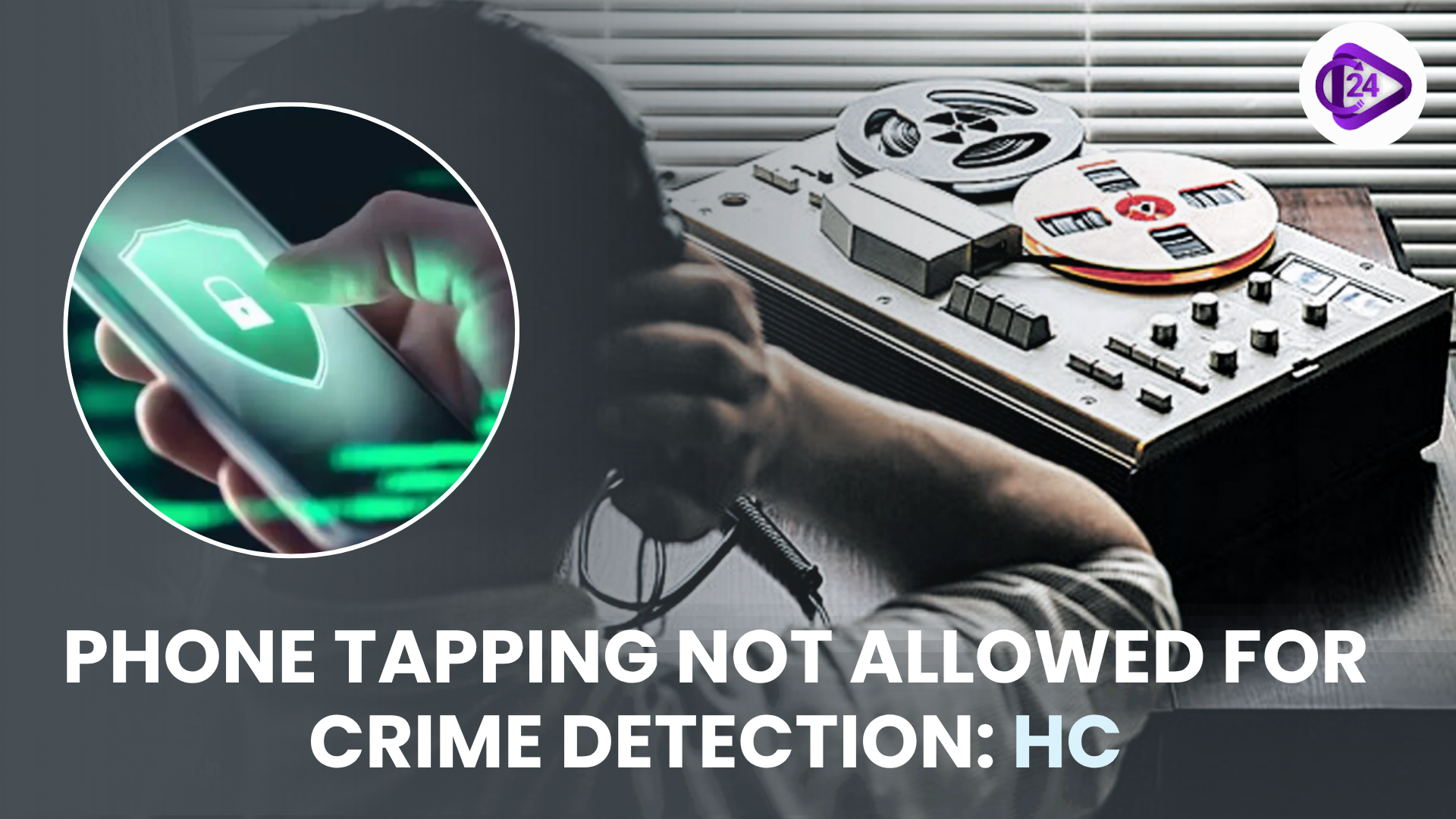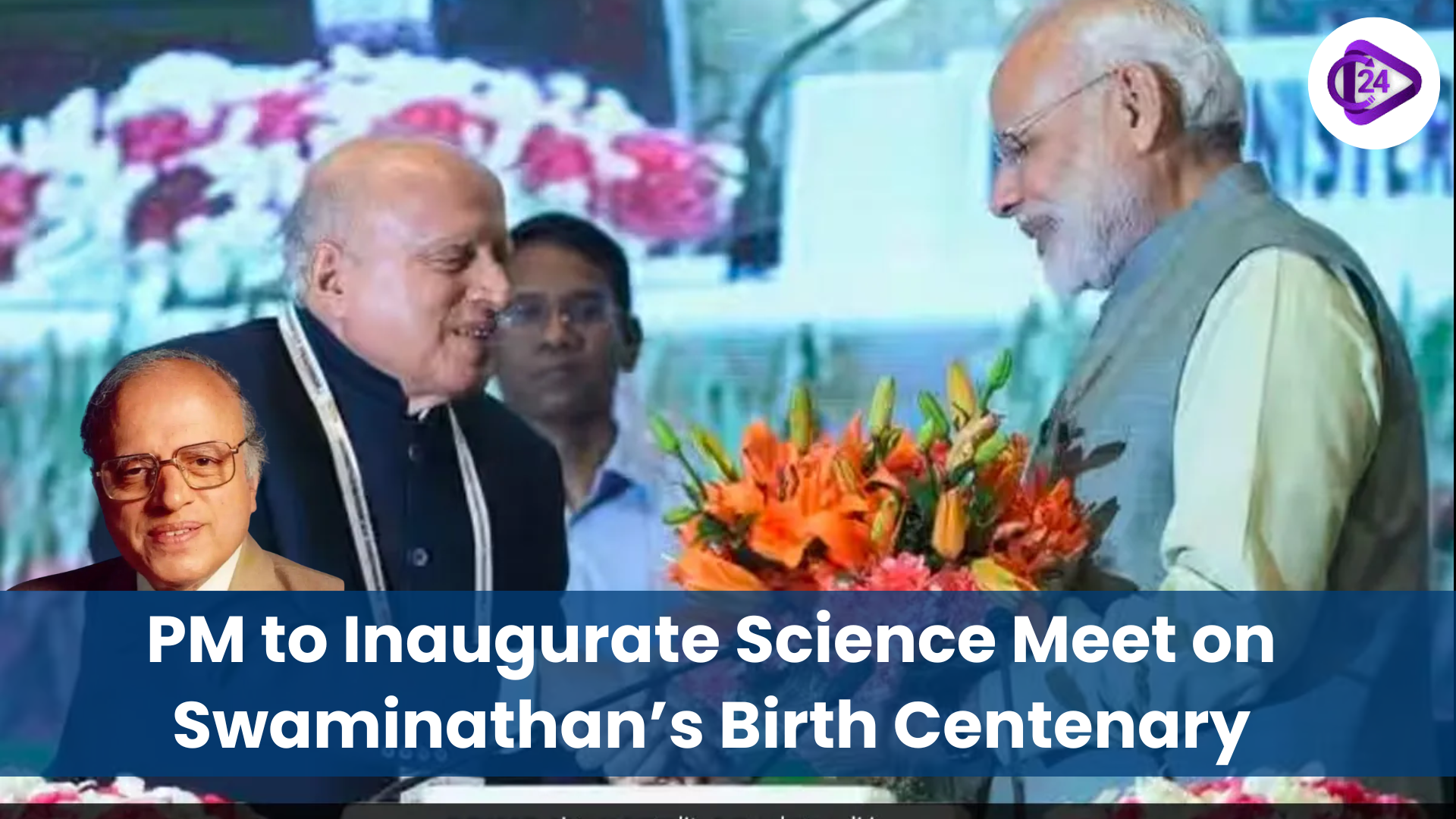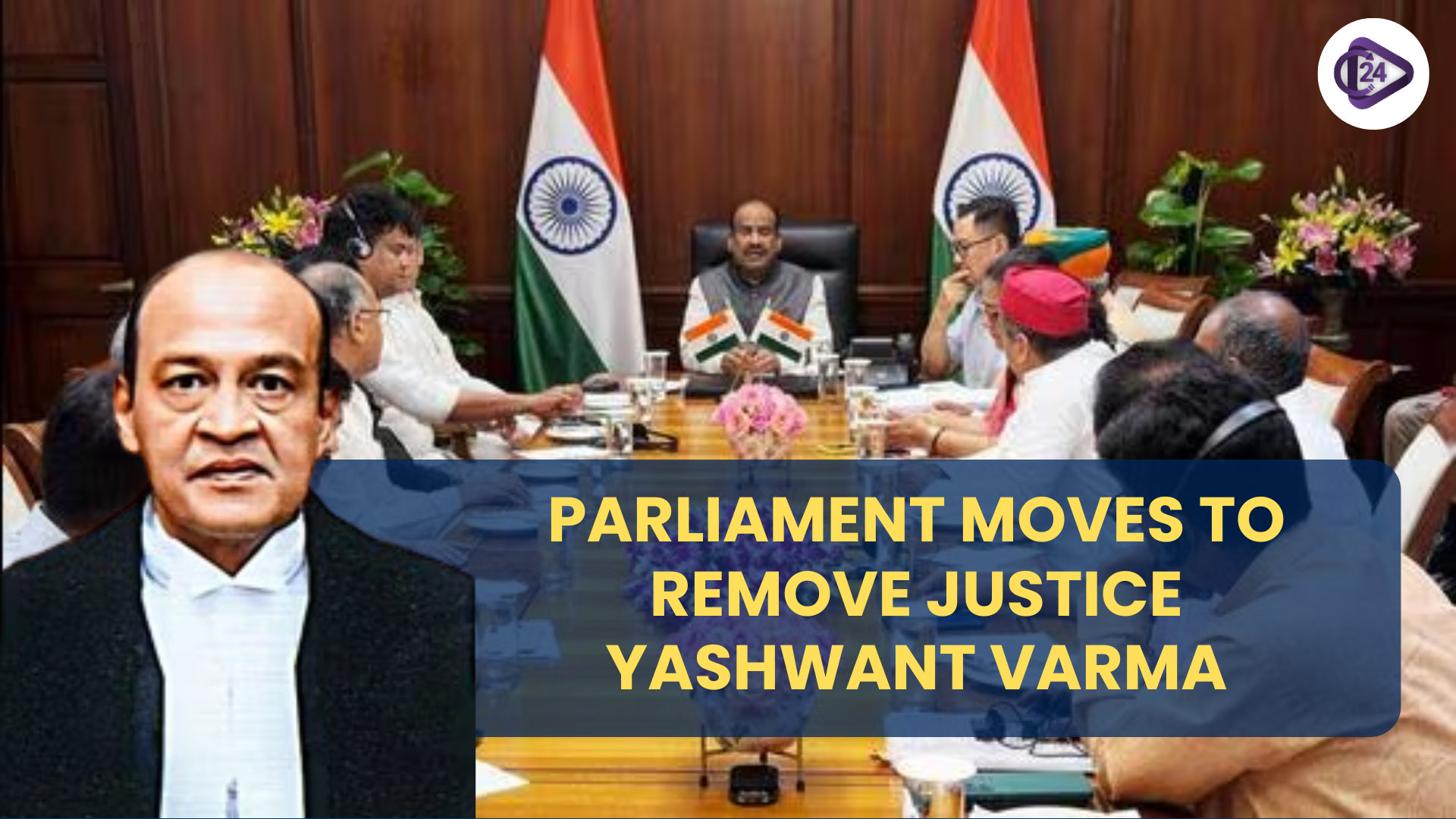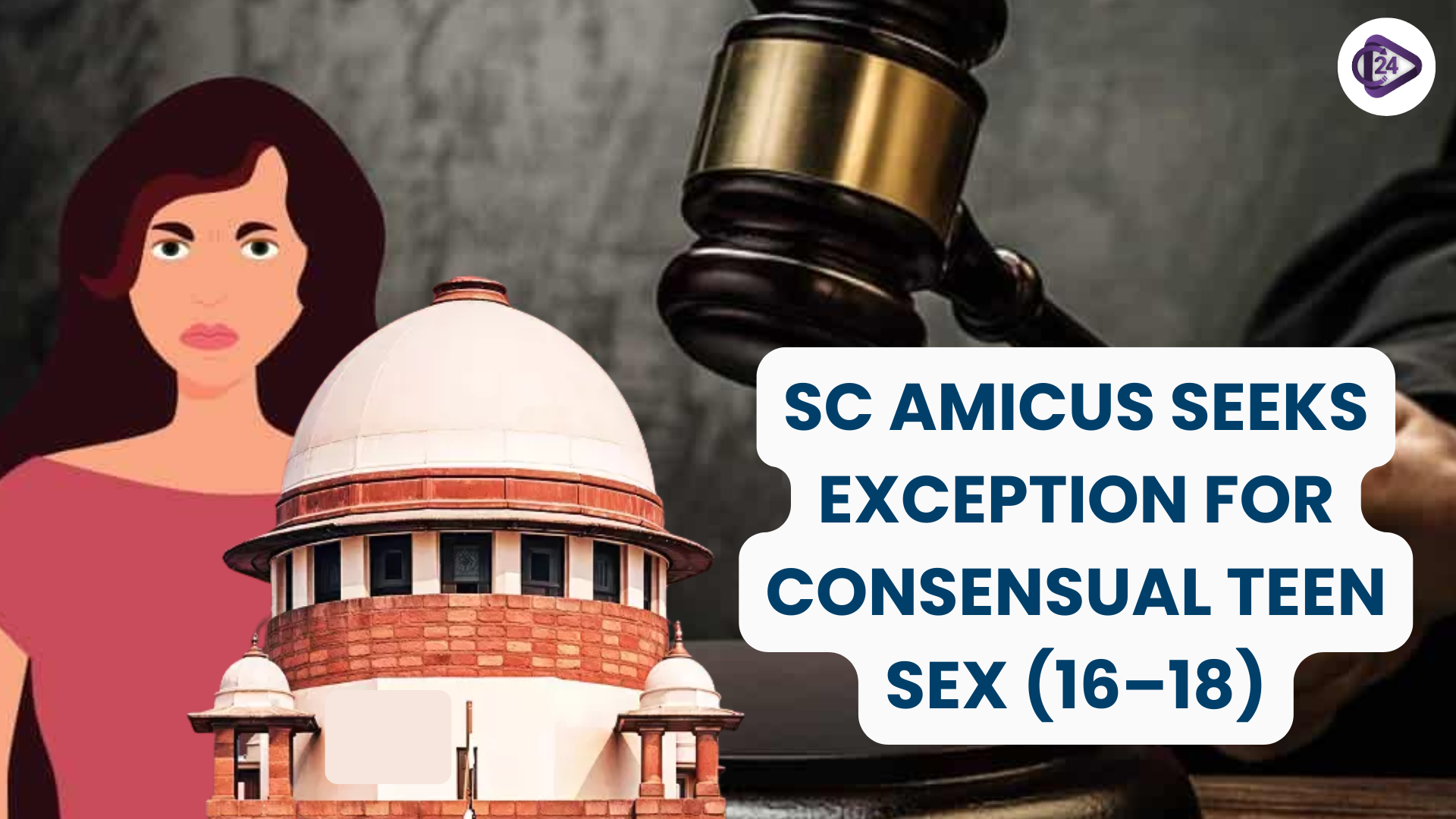
In a landmark decision, in a plea by the Ministry of Home Affairs to permit phone tapping to detect general crime, the Madras High Court threw out the plea. Justice N. Anand Venkatesh stressed that phone tapping amounts to a dangerous act of intrusion in privacy and should strictly operate under the Section 5(2) of Indian Telegraph Act, 1885. The justification of such measures, according to the court, may be applicable in cases of the public emergency or the public safety only. The decision makes Article 21, which places the right to privacy as a fundamental right, even stronger. Within the case was discussed the phone tap that occurred in 2011 to detain a bribery suspect who was serving in the field of government.
Context
-
Madras HC passed a judgement that phone tapping is unconstitutional unless it is justified under the circumstances of public emergency or under the public safety.
-
Instead, it declined to encompass the purview of Section 5(2) of Telegraph Act to find crimes.
Key Points
Legal Framework
-
Law Applicable: Section 5(2) of the Indian Telegraph Act, 1885
-
Allows Phone Tapping, In the Following Conditions:
-
There is a public emergency, or
-
It is in the interest of public safety
-
Case Background
-
The petitioner is P. Kishore of Everonn Education Ltd.
-
Problem: There was a case of his phone tapping with an order of MHA, which resulted in the bribery of a tax official.
-
Ruling: The tap was unconstitutional; this recording can not be presented in a court as evidence.
Important Insights of the Court
-
Right to Privacy is a fundamental right under Article 21.
-
The only role of the court is to review the passing of legal thresholds.
-
Judiciary is denied the capability of enlarging statutory powers of the executive.
-
Cited the PUCL (1996) and the K.S. Puttaswamy (2017) of the right to privacy.
Constitutional Implications
-
Reiterates that there is no compromise on privacy unless there are extreme circumstances.
-
Strengthens the controls of executive excess in surveillance.
-
Forms judicial oversight to protect the misuse of the surveillance authority.
Conclusion
The ruling is a robust confirmation of the constitutional right to privacy, and it places clear limits on the state powers of spying. It highlights the relevance of the safeguards created by the legislation and the role of the judiciary to exercise their duty of protection of the fundamental rights not only in opposition of the state interests, such as prevention of crime.



 Lt.-Gen. Pushpendra Singh Appointed as Vice-Chief of Army Staff
Lt.-Gen. Pushpendra Singh Appointed as Vice-Chief of Army Staff PM to Inaugurate Science Meet on Swaminathan’s Birth Centenary
PM to Inaugurate Science Meet on Swaminathan’s Birth Centenary Mera Gaon Meri Dharohar (MGMD): Cultural Mapping for Rural Identity and Development
Mera Gaon Meri Dharohar (MGMD): Cultural Mapping for Rural Identity and Development Rejuvenating the Noon River: A Model of Community-Led River Restoration in Uttar Pradesh
Rejuvenating the Noon River: A Model of Community-Led River Restoration in Uttar Pradesh Gavri Festival: Tribal Resistance and Ritual Theatre of the Mewar Bhils
Gavri Festival: Tribal Resistance and Ritual Theatre of the Mewar Bhils Mission Vatsalya Portal Relaunched to Strengthen Child Protection Services
Mission Vatsalya Portal Relaunched to Strengthen Child Protection Services Parliament Begins Process to Remove Justice Yashwant Varma
Parliament Begins Process to Remove Justice Yashwant Varma SC Amicus Seeks Exception for Consensual Sex Between Adolescents Aged 16–18
SC Amicus Seeks Exception for Consensual Sex Between Adolescents Aged 16–18 India Achieves 20% Ethanol Blending in Petrol — 5 Years Ahead of Target
India Achieves 20% Ethanol Blending in Petrol — 5 Years Ahead of Target Aadi Thiruvathirai 2025: Honouring Rajendra Chola I
Aadi Thiruvathirai 2025: Honouring Rajendra Chola I






